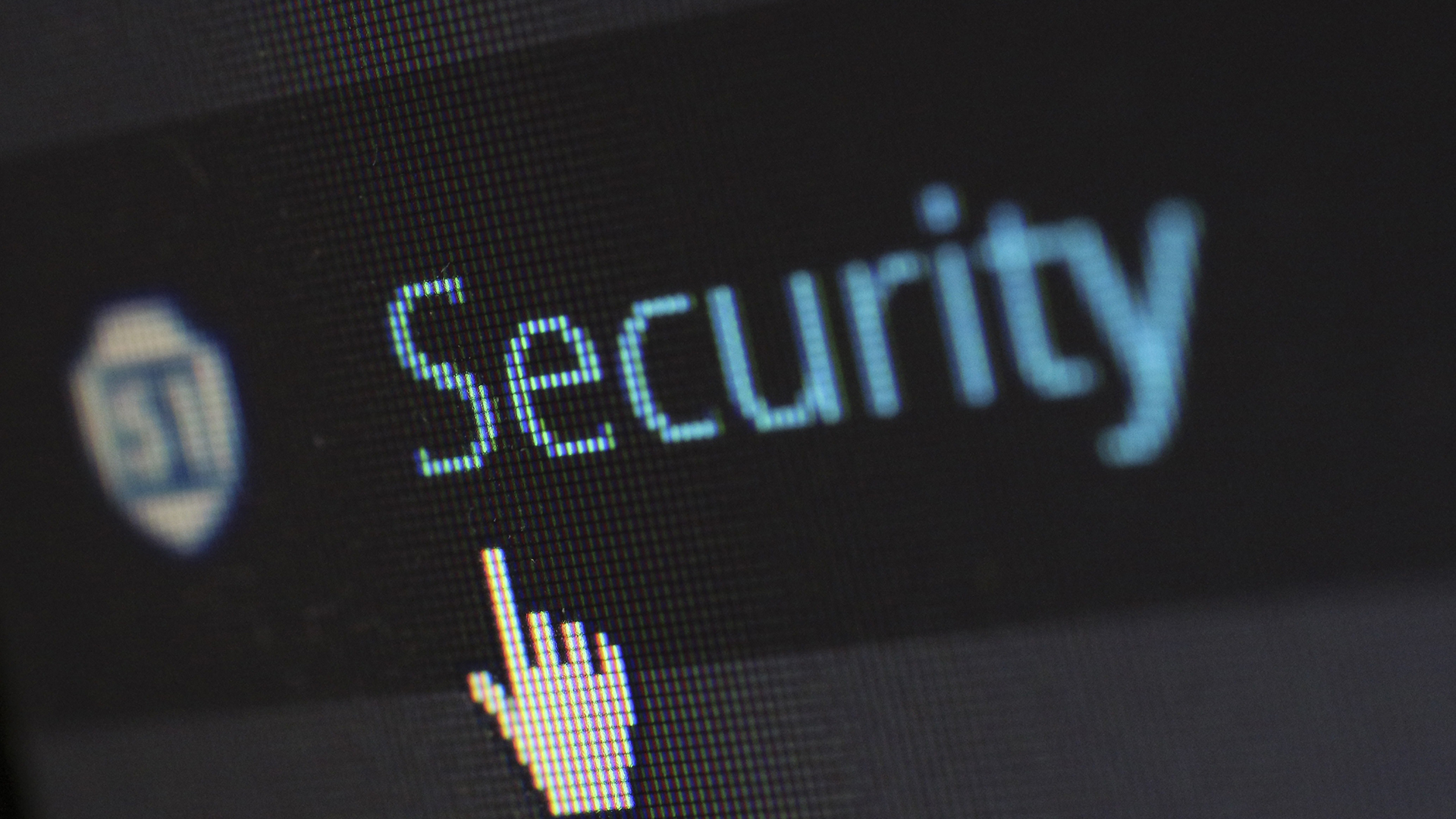- Cisco has unpacked some of the key findings from its latest Consumer Security Survey.
- The Survey aimed to gather insight into how secure South Africans feel online.
- It found, for example, that 74 percent of respondents are concerned about their connected devices being hacked.
This week Cisco revealed the key findings from its latest Consumer Security Survey, which aimed to gather insights into how South Africans feel about online security.
Perhaps unsurprisingly, the Survey found that a high percentage of South Africans have real fears regarding online security, but curiously little to no steps are being taken in order to better protect themselves while online.
The survey, which took the responses of 1 006 South Africans aged 16 and older, found that 74 percent of them are concerned that their connected devices could be hacked. While there is indeed reason to be concerned that a hack could happen, especially given the rise in cybercrime both during and after the height of the pandemic, the survey also notes that little is being done to prevent such attacks.
On this front, Cisco explains that 73 percent of respondents confirmed that they frequently send work emails on personal devices, along with 69 percent having used public networks for complex work tasks, as well as 99 percent sharing one or more connected devices with others.
It is poor online security practices like this that illustrate how lax people are when it comes to actually safeguarding themselves, despite being fully aware of the dangers.
While there are measures that can be taken, South Africans are simply choosing not to implement them. The survey, for example, shows that 37 percent of respondents said they do not use, or do not know, what multi-factor authentication (MFA) is. Furthermore, 50 percent indicated that they rely on advice from family when it comes to their online and device security behaviour.
It is perhaps little wonder then, as to why South Africa ranks so highly when it comes to the frequency of cybercrimes globally.
“With an estimated 52 victims per 1 million internet users, the level of cybercrime in South Africa is exceptionally high. In 2021, there were an average of 97 victims per hour, while back in 2001, only 6 South Africans per hour fell victim to cybercrime,” noted Cisco in a release sent to Hypertext.
“Cybercrimes affect all countries, but weak networks and unreliable security make African countries particularly vulnerable. Recent cyberattacks on South Africa have shown how vulnerable the country is to cybercriminals and ransomware assaults, which threaten people, the economy and infrastructures like power plants, hospitals, and financial services. Securing these and other organisations is essential to keeping our society functioning,” added Conrad Steyn, CTO and head of Engineering at Cisco Sub-Saharan Africa.
The company’s survey alone will not spur people into action, regardless of how dire the statistics regarding online security locally are, which is why Cisco has also shared some advice of its own.
Here it advocates for some form of MFA to be implemented, as only 55 percent of respondents updated their password within the past six months, along with only 13 percent updating their password over a year ago.
Cisco is also cognisant of how effective social engineering is when hackers target businesses, spending months researching their victims. We have even seen some high-profile tech companies suffer as a result of such ransomware attacks.
As such, greater attempts to educate employees on spotting phishing emails, for example, needs to be made by businesses.
“At an individual level, a cybersecurity attack can result in everything from identity theft and extortion attempts to the loss of important data like family photos. And, because cybersecurity is critical for businesses of all sizes, businesses need to empower their employees by providing ongoing security awareness training to help them identify malicious emails that are usually the first step in attacks,” stresses Steyn.
[Image – CC 0 Pixabay]

